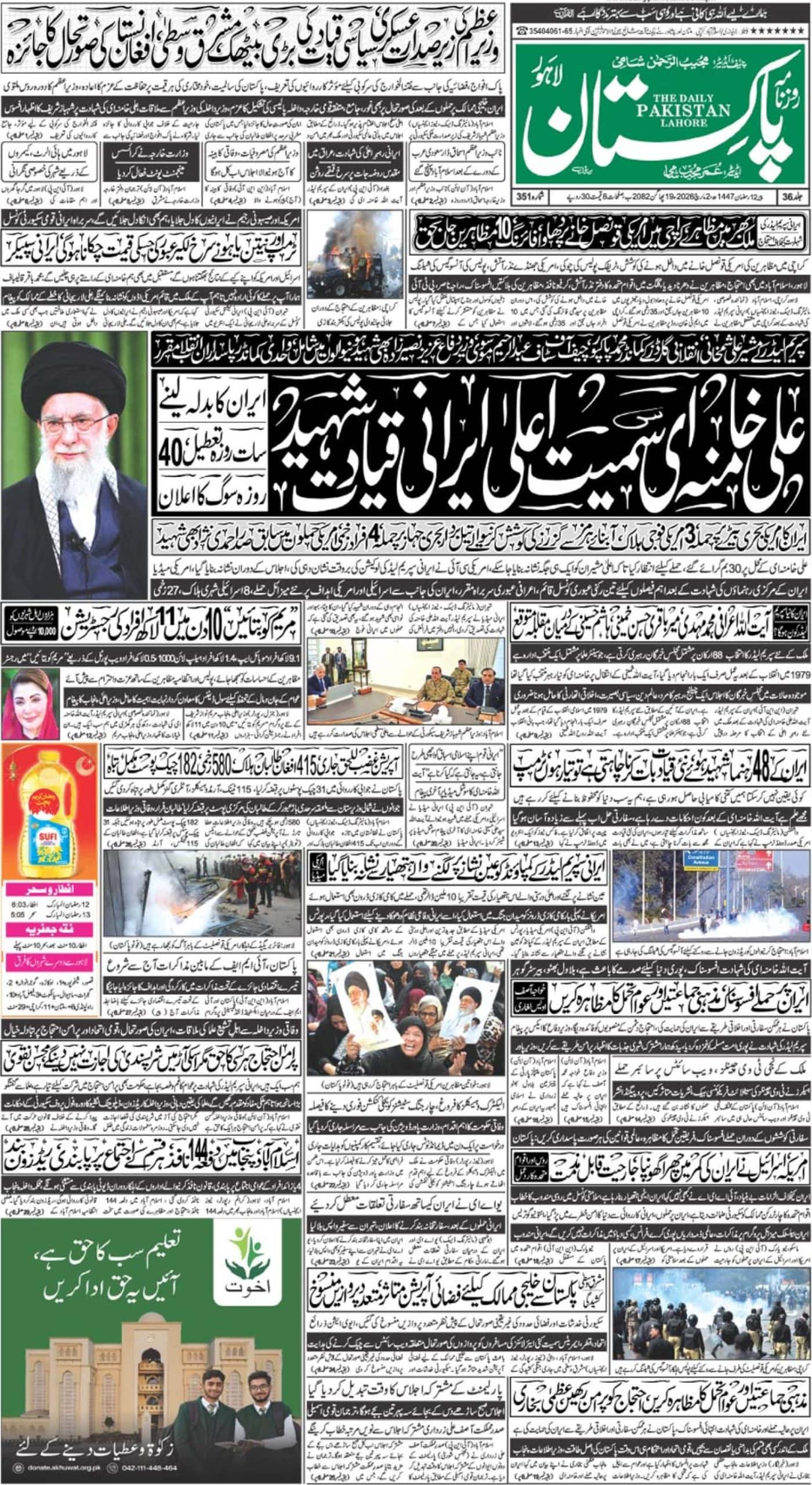ISLAMABAD – World Wide Fund (WWF) Pakistan Regional Workshop on Integrated Landscape management along the Silk Road concluded here Sunday which was organized in collaboration with the International Centre for Integrated Mountain Development (ICIMOD) and Ministry of National
Food Security and Research.
A two-day regional workshop which was started from July 20 to 21 on Integrated Landscape Management along the Silk Road, Managing the Health of Mountain Ecosystems said a press release issued here.
The Forest, Agriculture and Tourism Departments of the governments of Gilgit Baltistan and Khyber Pakhtunkhwa were also the organizers.
The regional workshop aimed to strengthen Bam-e-Dunya’s structure, governance, and operational processes for its long-term functioning, harmonizing frameworks and tools.
It also aimed to provide a common forum at the landscape level to discuss science and practices and share potential use of common tools for ecosystem assessment, valuation and planning and monitoring of Protected Areas.
Additionally, the workshop also promoted eco-tourism and discussed the potential of organic farming and trade.
Rab Nawaz, Senior Director Programmes, WWF-Pakistan briefed participants on ecosystem services and emphasized their importance. He said, “It is extremely important to manage water resources upstream in order to ensure the availability of water downstream.”
Mehmood Gaznabi Conservator Parks and Wildlife, Gilgit-Baltistan said, “The government of Gilgit Baltistan is determined to conserve ecosystem in the region and has set a goal to increase the area under protected areas from 48 per cent to 60 per cent by 2030.”
He further added, “Forests should not only be considered for timber but all the regulatory
services that it provides to the environment.”
Shehzad Shigri, Director, Gilgit-Baltistan Environment Protection Agency, in the closing remarks of the first session said, “Impacts of climate change are more visible compared to previous years. Mountain ecosystems are fragile as well as precious and climate change is affecting it. Therefore, it is imperative to manage mountains in a sustainable manner.”
Several presentations were made on trans-boundary landscapes and the challenges and opportunities that exist. The presenters and the participants also discussed the potential of the Silk Road as a transnational economic and cultural corridor.













